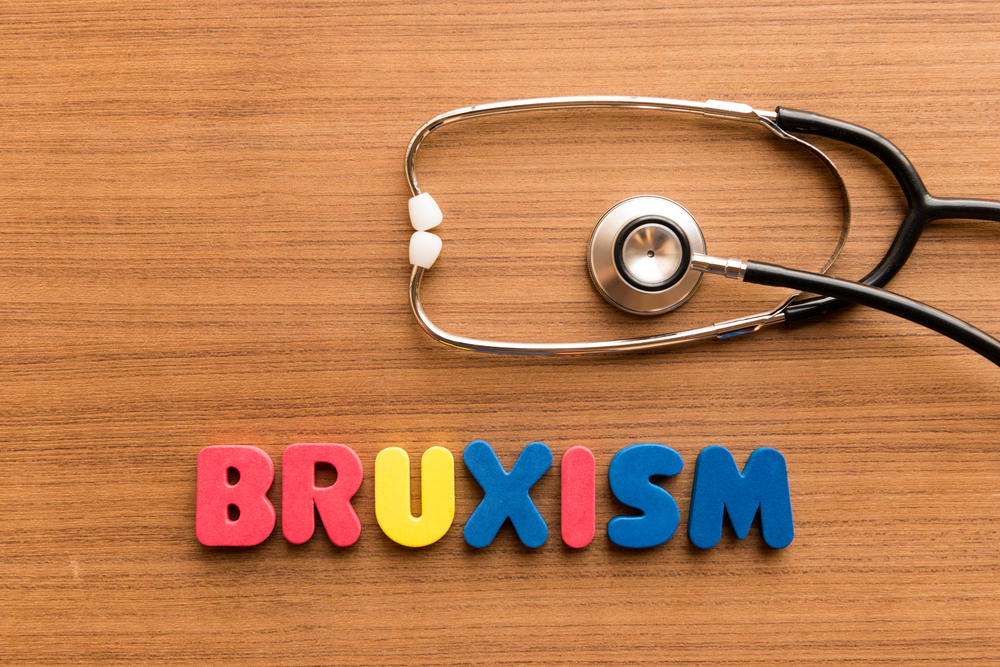
Occasional involuntary jaw clenching and grinding of your teeth is a normal occurrence and generally shouldn’t be a problem for you. However, it’s when you regularly grind your teeth that the condition is called bruxism, and it is an issue for your oral health.
Often, when someone suffers from bruxism, they are fitted with a dental appliance to protect their teeth from being ground down. Problem is, using something like a nightguard does not address the underlying cause of bruxism, which can be anything from stress to too much caffeine.
To help you stop grinding your teeth, our dentists here at Bridge Creek Dental will work with you to find the cause of your bruxism and help you treat it.
What Causes Bruxism
Often, teeth grinding can be attributed to some sort of stress. However, there are other factors that influence your bruxism.
Anxiety and Stress
A significant source of teeth grinding is due to stress and anxiety. People who have high-stress workplaces or other stressful circumstances can often end up expressing that stress and anxiety in teeth grinding at night.
Sleep Disorder
Sleeping issues such as obstructive sleep apnea—when the airway becomes blocked during sleep by slack muscles—can lead to bruxism. The physically stressful circumstances of having their airway blocked as they sleep can cause people to grind their teeth during their sleep.
Bite Issues
During your sleep, you may end up grinding your teeth due to a missing tooth or a misaligned bite. You may instinctually clench your jaw and grind your teeth as you subconsciously try to bite your teeth evenly.
Caffeine Consumption
Stimulants like caffeine can cause the physical symptoms of stress, as caffeine helps open up your blood flow and increase your alertness, much like stress and anxiety.
How Do You Know If You Grind Your Teeth
Since teeth grinding mostly happens when you are asleep, it can be tough to be sure that you are dealing with bruxism. Here are some of the most common signs of bruxism:
Wake up with headaches – Clenching your jaw and grinding your teeth during the night can cause a lot of tension to build up. That tension can leave you waking up with low-grade headaches most mornings.
Often have a sore jaw – The pressure from grinding your teeth during the night can leave your jaw sore and tender. Some people have expressed that there are mornings where they can’t even open their mouths enough to eat breakfast.
Worn-down teeth – As you brush your teeth, take a look at your teeth. Your teeth—the molars in particular—may look worn-down and shorter. If the grinding is caused by a bite issue, you may have one side of your teeth that is more worn than the other.
Chipped or cracked teeth – When you find you have a chipped or cracked tooth without a clear reason, it may be due to the excessive pressure of grinding your teeth. Also, your teeth may become weakened by nighttime grinding and become chipped or cracked by something as simple as biting an apple.
Partner mentions grinding – A pretty indicator that you have bruxism is if your partner tells you that they hear you grinding your teeth as you sleep.
If you do have worn-down teeth or have developed other types of dental damage due to your teeth grinding, you can have these issues addressed with cosmetic dentistry as you work on preventing your bruxism.
Ways To Prevent Teeth Grinding
There are a number of ways you can protect your teeth and prevent teeth grinding. Some solutions to bruxism you may want to try are:
- Use a nightguard or other oral appliance – One of the dental services offered at our dental clinic is custom nightguards that will protect your teeth at night. Our dentists can also order other oral appliances if night guards don’t work for you. While a nightguard may not stop your bruxism, it can protect your teeth as you work on implementing other solutions.
- Relax your muscles – Tension is a major predictor of bruxism. If you relax your muscles before bed—i.e., focused meditation, hot shower, heating pad to tense muscles, etc.—you can reduce the chance that you will grind your teeth.
- Regularly engage in exercise – Exercising regularly can be a great way to naturally reduce the stress and tension that you carry. Cardio is a good option to get your heart pumping, but you should choose a form of exercise that you enjoy and will stick with long term.
- Catch daytime jaw clenching and grinding – When under stress or when you feel anxious, you may clench your jaw and even grind your teeth during the day. Try to check in with yourself to see if you are doing this and actively work on relaxing your jaw.
- Avoid chewing unnecessarily – No, we aren’t advocating that you go on a liquid diet or try to bolt food without swallowing. But if you are prone to chewing on pens, or chewy snacks like gum and taffy, you should avoid these habits as it can exacerbate your teeth grinding.
- Skip caffeine – While you may still have a cup or two of coffee in the morning, you should skip all forms of caffeine a few hours before you are looking to go to bed.
- Work with a therapist – Working with a mental health specialist can help you develop the tools to effectively manage your stress and anxiety.
As you do these things, be sure to come into our dental clinic for your biannual dental cleanings. That way, if there are any potential issues developing, our dentists can catch them before they become a serious issue.
If you want to address your teeth grinding issue, you can feel free to contact us and have a consultation with our dentists.